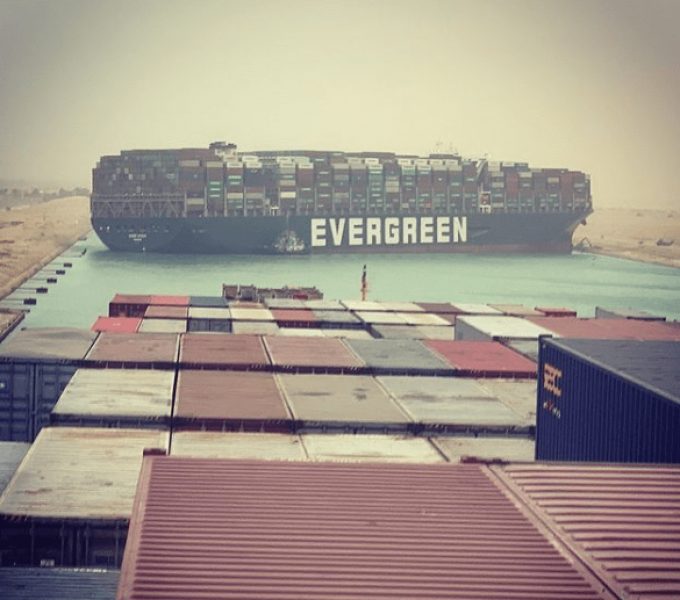Rough seas drive powerless MSC box ship aground on Canadian coast
An MSC containership ran aground in Canada on Saturday, after a loss of power in ...

The Suez Canal Authority’s decision to arrest the Ever Given, following the six-day closure of the waterway, as leverage for its $916m insurance claim against the vessel owner, is likely to further delay the General Average process.
Jose Guerrero, president of independent claims consultancy Virtual Claims, ...
Keep our news independent, by supporting The Loadstar
Red Sea crisis has driven most new capacity into extended Asia-Europe trades
Explosions and 'out-of-control' fire reported on Wan Hai box ship
Carrier price hikes hold, driving spot rates higher as space gets scarcer
Crew forced to abandon ship in latest fire on vessel carrying EVs
The Loadstar Podcast | Transport Logistic and Air Cargo Europe 2025
Four crew members still missing as Wan Hai 503 continues to burn
Asia-West Africa ULCV deployment opens new markets for carriers

Comment on this article